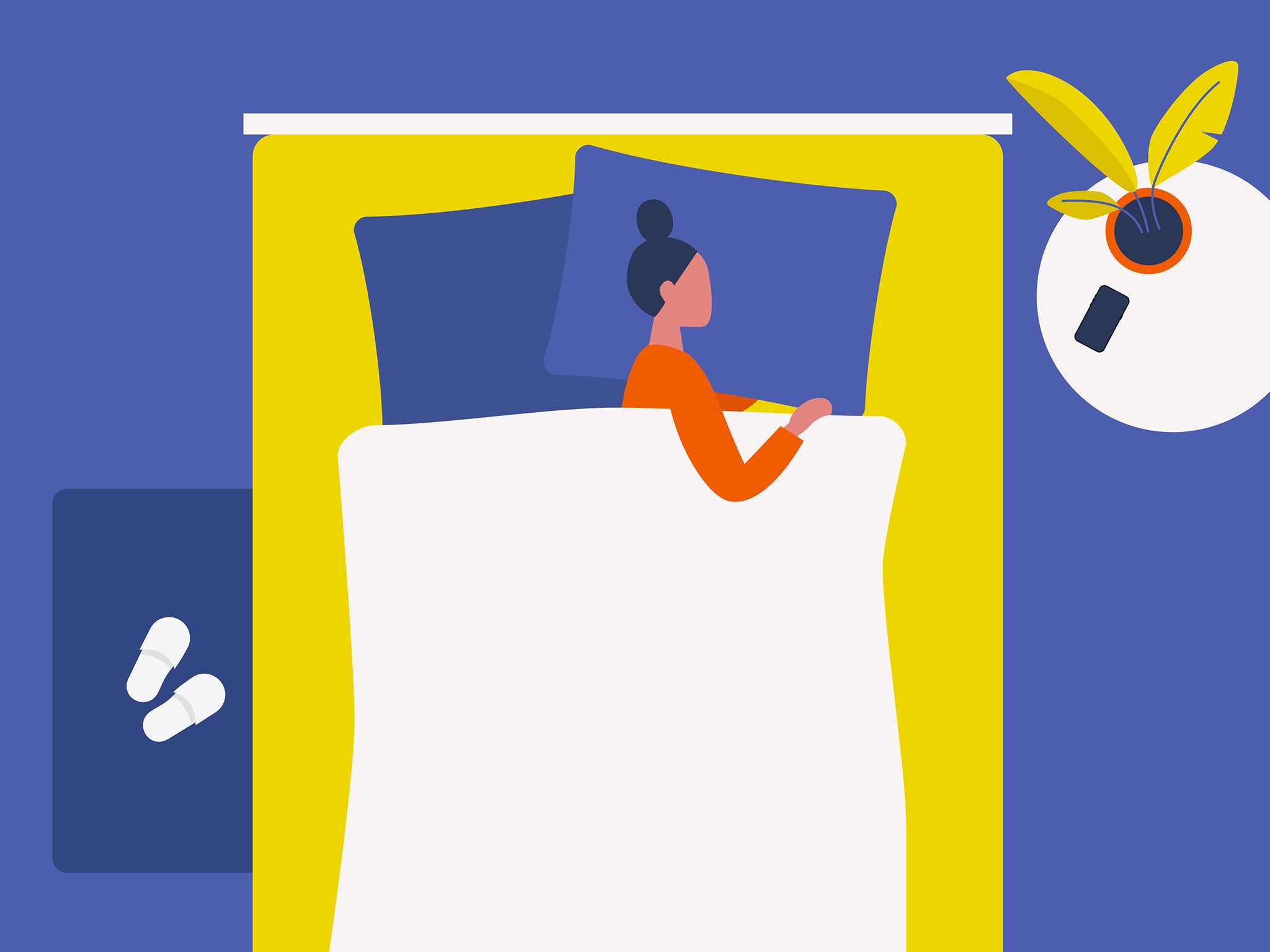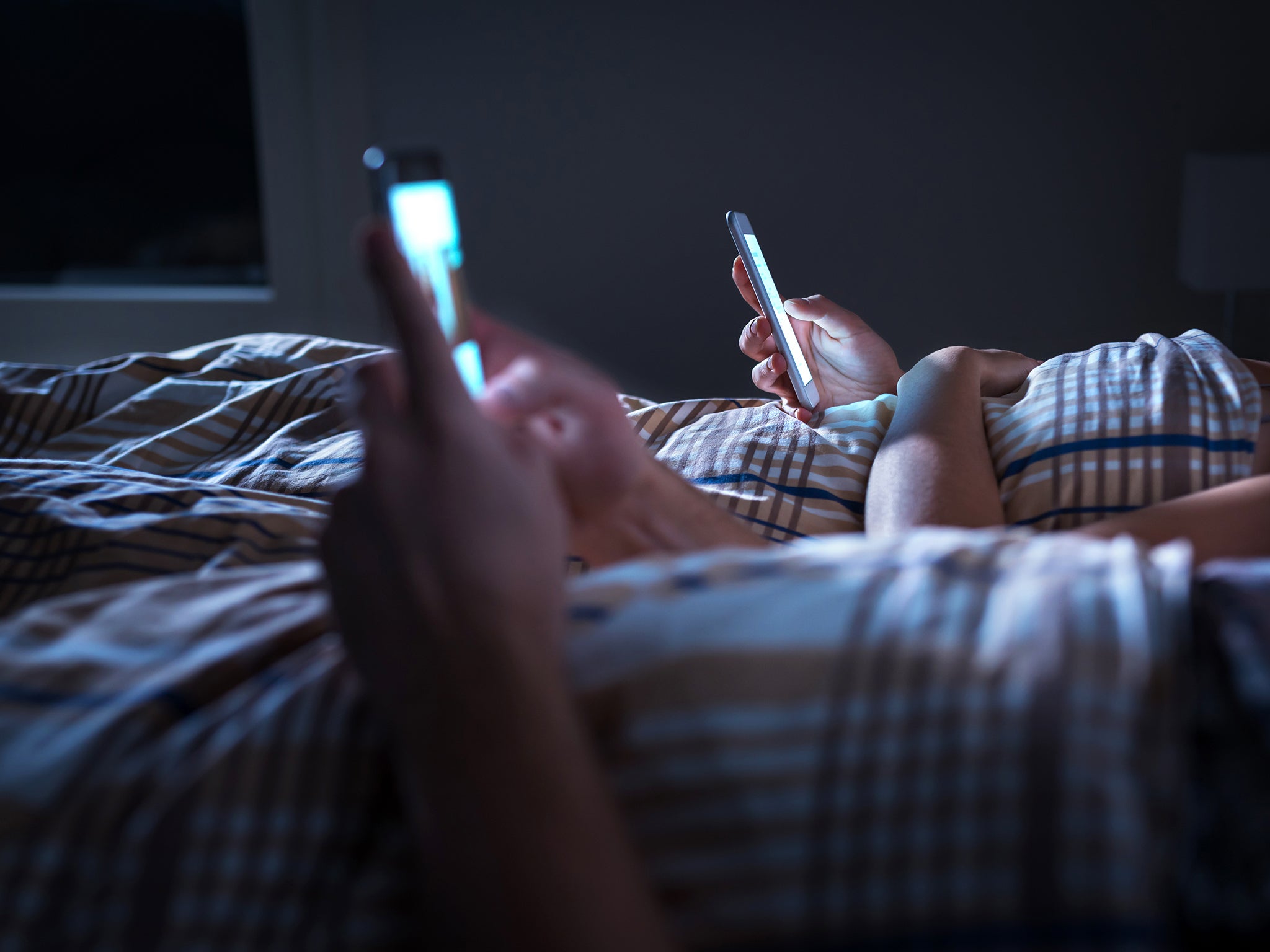How to have a good day at work: Learn the 11 golden rules for better sleep
In her regular column, founder of Neom and wellness expert Nicola Elliott looks at one thing we can all do that will make our nine-to-five feel happier and healthier


We all know what a big impact sleep (too much or too little) can have on us. Sleep disturbances can affect our health, increasing the risk of cancer, depression and heart problems, and when it comes to work, sleep deprivation can be a strong inhibitor of job performance, primarily by deteriorating mood and affect.
Good sleep conversely leads to improved memory, knowledge acquisition and earning. We did a survey at the end of last year with our database of over 1 million people to get a better understanding of sleep habits and the results were pretty grim; 90 per cent of respondents said they wished for better sleep as poor sleep is the absolute enemy of a good day ahead.
Not surprising then that a lack of sleep can have a knock-on effect on career progression and can increase absenteeism, work-related accidents and behaviours.
The good news is that while the majority of people think they are just innately “good” or “bad” sleepers, this simply isn’t true; we have a material charge over our sleep.
After working alongside sleep expert Nick Whitten for many years, together we have developed the 11 golden rules for better sleep. While most of us know coffee after midday isn’t ideal and exercise is helpful, there are other top tips that you may not have heard of and that have personally changed my life.
First up, go to sleep and wake up at the same time every night – even on weekends (give or take an hour max). “Social jetlag” is a thing, such as sleeping much later on a weekend or trying to catch up on sleep during the week. Sleep isn’t like money; you can’t pay it back into an account at the end of the week. This causes our melatonin (the sleep-inducing hormone) and cortisol (the alerting hormone) to become out of sync.
Secondly, get at least one hour of direct sunlight (outside or sitting by a window) before midday, ideally 15 minutes of this within the first hour of waking. Your entire body works on a circadian rhythm, which is a bit like a master clock which permeates every single cell of your body. To function properly this clock needs setting first thing in the morning and we do this by looking at natural light when the early blue rays of the sunlight are the most powerful.
To be clear, indoor light won’t do. Light is measured in something called “lux” and to give you an idea of the difference, even an overcast summer’s day produces 30,000 lux whereas an indoor office is 300-500 lux – not even comparable.
In the evening, the body clock again needs to be told that it is in its wind-down zone which is why the blue light from phones isn’t a good idea within a few hours of bed – it sends counter signals to wake up.

It’s back to those sleep/wake signals that the circadian rhythm works on – the light receptors in our eyes communicate daytime signals to our brains to stay awake and these receptors are particularly sensitive to blue light. So it’s a non-negotiable – off at least two hours before bed.
The final game changer for me was learning not to eat or drink alcohol within three hours of sleep – the optimum time for your body to digest food. Eating late at night (especially if the foods are higher in carbs or sugars so alcohol is included in this) stimulates our nervous system and inhibits the release of melatonin, which can interfere with the body’s ability to fall, or stay asleep.
Nutritional therapist Alice Mackintosh adds, “Eating earlier gives the body time to stabilise blood sugar before bed meaning we don’t get peaks and troughs that keep us up later or disturb our sleep cycles.”
And my advice to those who asked on my recent book tour, “But what about my evening dinners out?” If you can’t have a long lunch, book a table for 6pm. Not only will it help with your sleep, but at that time you’ll be able to get a reservation at the hottest restaurant in town too.
‘The Four Ways to Wellbeing: Better Sleep. Less Stress. More Energy. Mood Boost’ by Nicola Elliott is published by Penguin Life at £16.99





Join our commenting forum
Join thought-provoking conversations, follow other Independent readers and see their replies
Comments